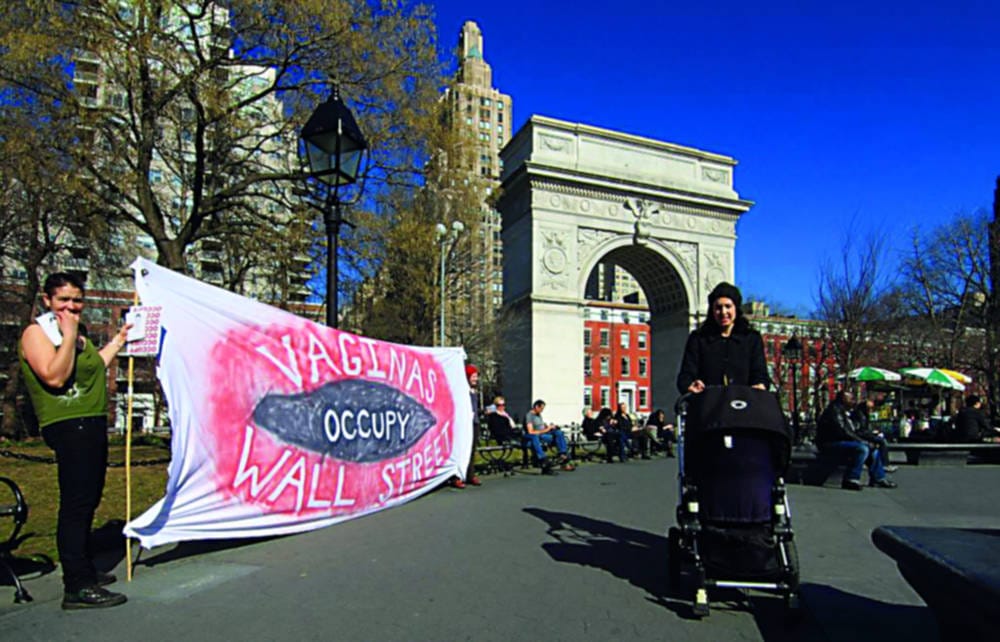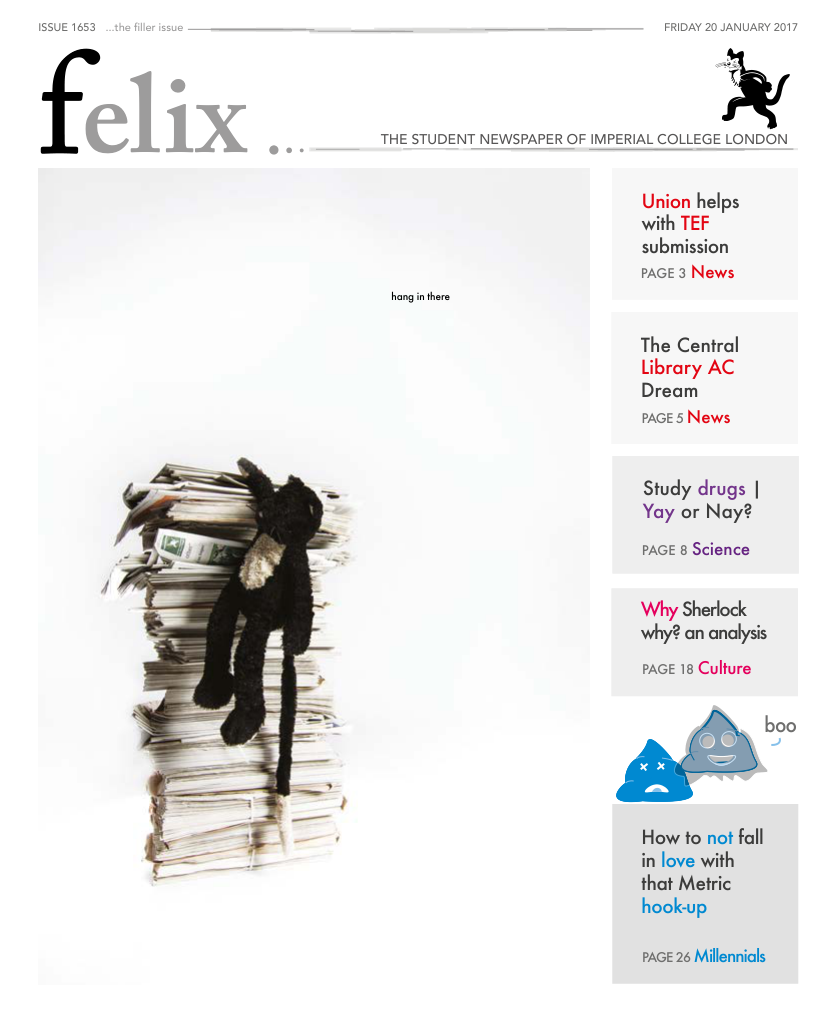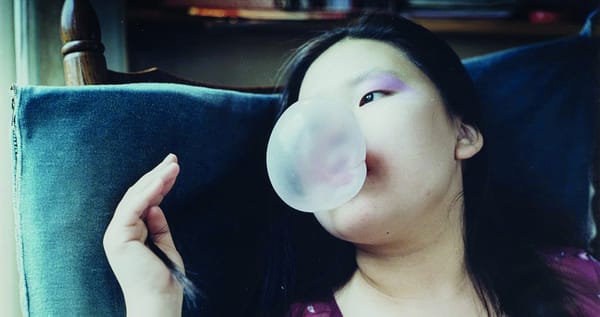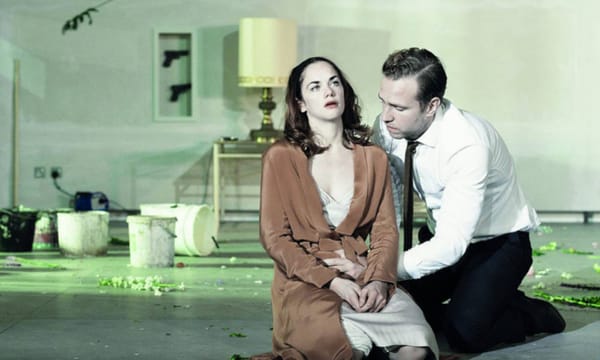Cunts in conversation
Lucille Calmon tells us all about FemSoc's plans to put on The Vagina Monologues, Eve Ensler's powerful exploration of the role the snatch plays in society

I bet you're worried. I was worried. I was worried about vaginas. I was worried about what we think about vaginas, and even more worried that we don't think about them” wrote Eve Ensler in the introduction of The Vagina Monologues, a compilation of over 200 women’s feelings about their body and their sexuality. Ensler interviewed and talked with them about their vaginas: how do they perceive it? How they feel about ‘the vagina’ in general? What would your vagina say? Ensler gave them the space to talk freely, and listened to their stories.
In this 90-minute play, the actors beautifully express stories of shame, fear, fantasy, discovery, happiness, relief, and anger. It almost feels like, through listening to their perceptions of their vaginas, we are able to meet the original storytellers.
Watching the performance, you’ll hear about plenty of pussies, countless cunts, various vulvas, tonnes of twats, plus some punanis thrown in for good measure. Some of the monologues are based on an individual woman’s particular experience: from a hilarious piece on a sex worker who pleasures only women, to an eye-widening (and leg crossing) account from a witness of a birth, and a strong testimony on the Bosnian war and sexual violence inflicted on women. Other monologues are thematically and emotionally linked, with Ensler combining different experiences together, such as the powerful discussion of the treatment of trans women by wider society.
The Vagina Monologues isn’t an activist speech with complicated words, but rather manages to be elegantly written without being excessive. The messages of these combined pieces create a strong, emotionally charged narrative. It’s funny and light hearted most of the time – a 6 year old says her vagina smells like “snowflakes,” and you’ll have to go see the play to hear what an ex lawyer said about moaning… – but between the joy and laughter, you can also find sad, despairing pieces about violence inflicted upon women.
The Vagina Monologues is simultaneously an acceptance statement, an invitation to discussion, and a free expression. It is a beautiful and artistic way to give back to vagina owners the power to speak and control what is said about their own body parts; to redefine and re-appropriate themselves.
It felt therapeutic to hear and read the script: as both a spectator and actor in the play, it brings me relief to hear this strong testimony about what others have to say about their vagina. While some men might find it threatening or unnecessary, the play doesn’t aim to exclude men – rather it shows them a rare, respectful portrayal of vaginal experience.
Indeed, it is refreshing and cathartic to finally hear voices break this taboo in a non-sexualised, non-man-centred way. In the end, it is not about vaginas, but rather about everything that gravitates around them: the ideas perpetrated by our society; how people are ashamed of their vagina; how people wish it was different – how they ended up believing it should not have hair, that its shape is disgraceful, or that it naturally smells bad. It is about how difficult it is to discover and appreciate your vagina when it is physically hidden from you.
In a culture where shaming feels omnipresent, and general assumptions fit humans into boxes, demanding a certain body standard, relationship status, or orientation, The Vagina Monologues invites people to discuss and open up about their feelings. Everybody should feel free to be who they want and to love the bodies they have. They should not be told what to do with it. Having a vagina shouldn’t be a source of shame, or put a target on someone’s back. To work towards greater tolerance, Ensler chose the path of artistic expression, and as more people read, watched and realised the impact of the play, it became a worldwide movement. In 1998, after a success in New York, the author created “V-Day” (V standing for Vagina, Victory, Valentine), a worldwide activist movement staging the play in different countries in aid of the struggle to end violence against women and girls. This movement expands each year and poignant, game-changing representation takes place in countries where the condition of women needs urgent improvement. Each performance raises awareness as well as money for these causes. The play continues to give these women the power to talk, bringing gender equality back into the conversation.
This year, FemSoc and Imperial’s student community will put on their own The Vagina Monologues in celebration of V-Day! It’s not too late if you want to play your part in this global movement so give us a shout (feminist@imperial.ac.uk) if you’d like to get involved. And make sure you come see us in February!
Love and cunts,
FemSoc
Article written with contributions from Eve and Jamie









